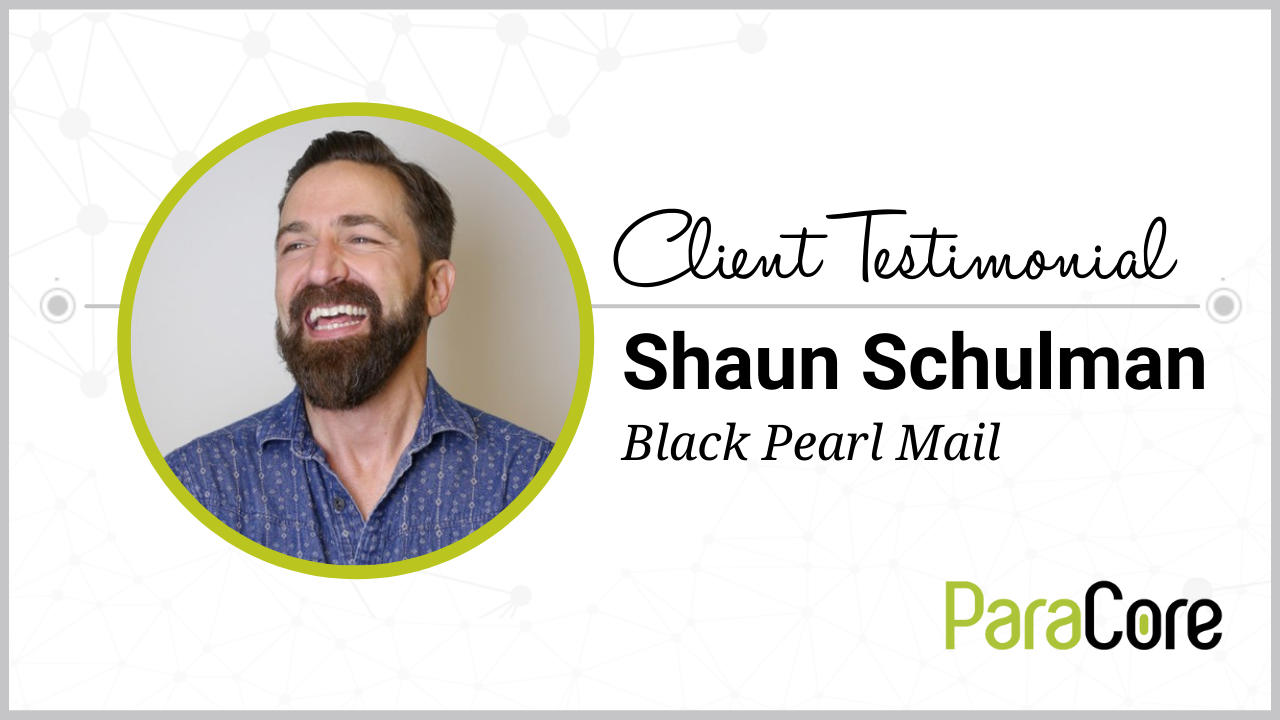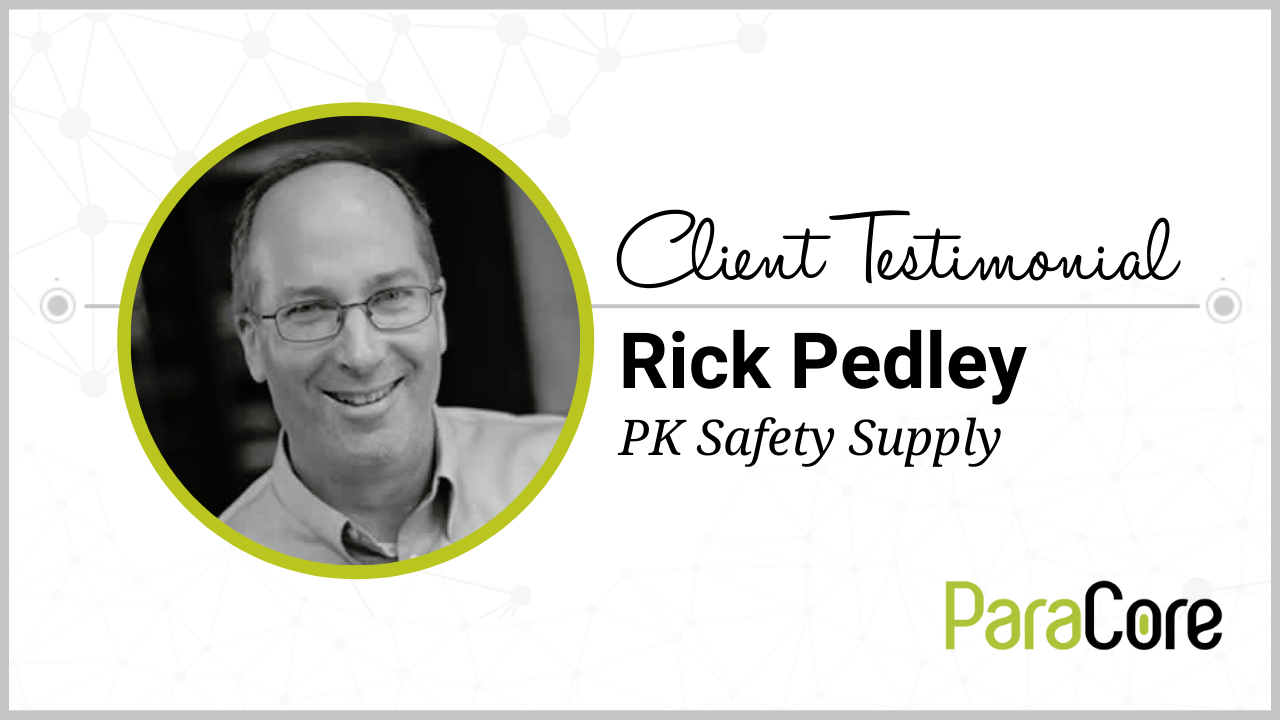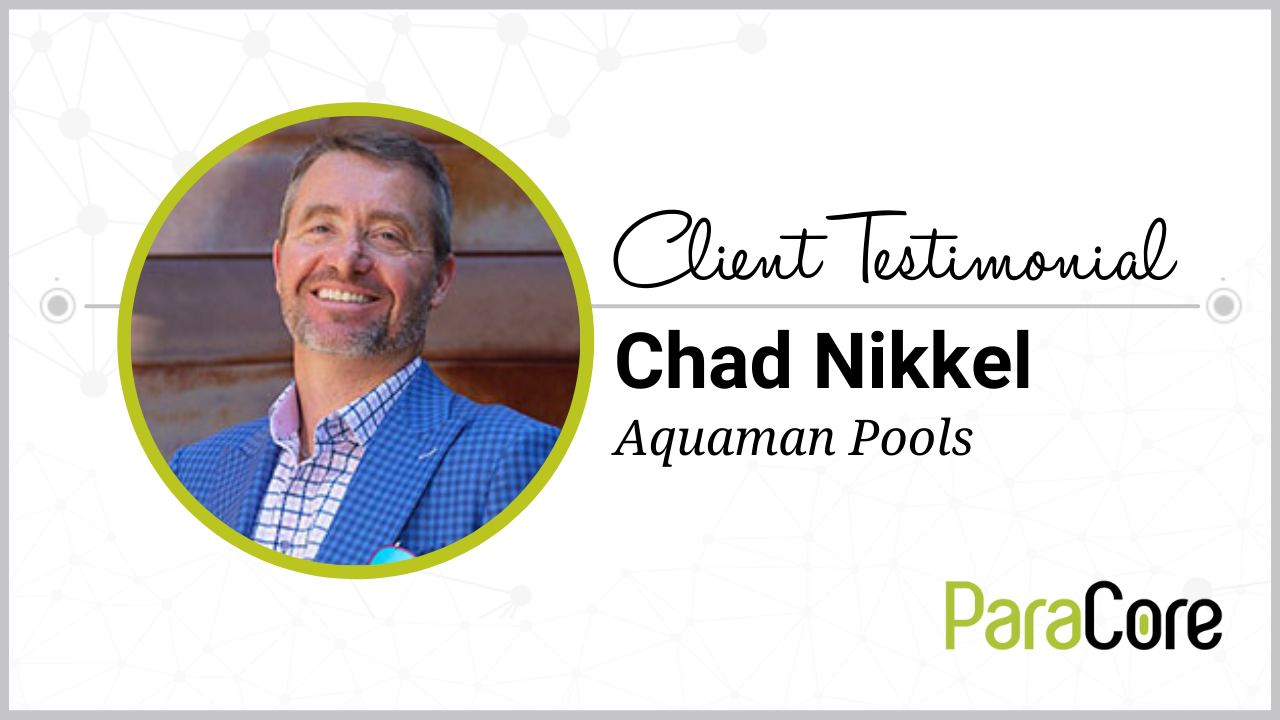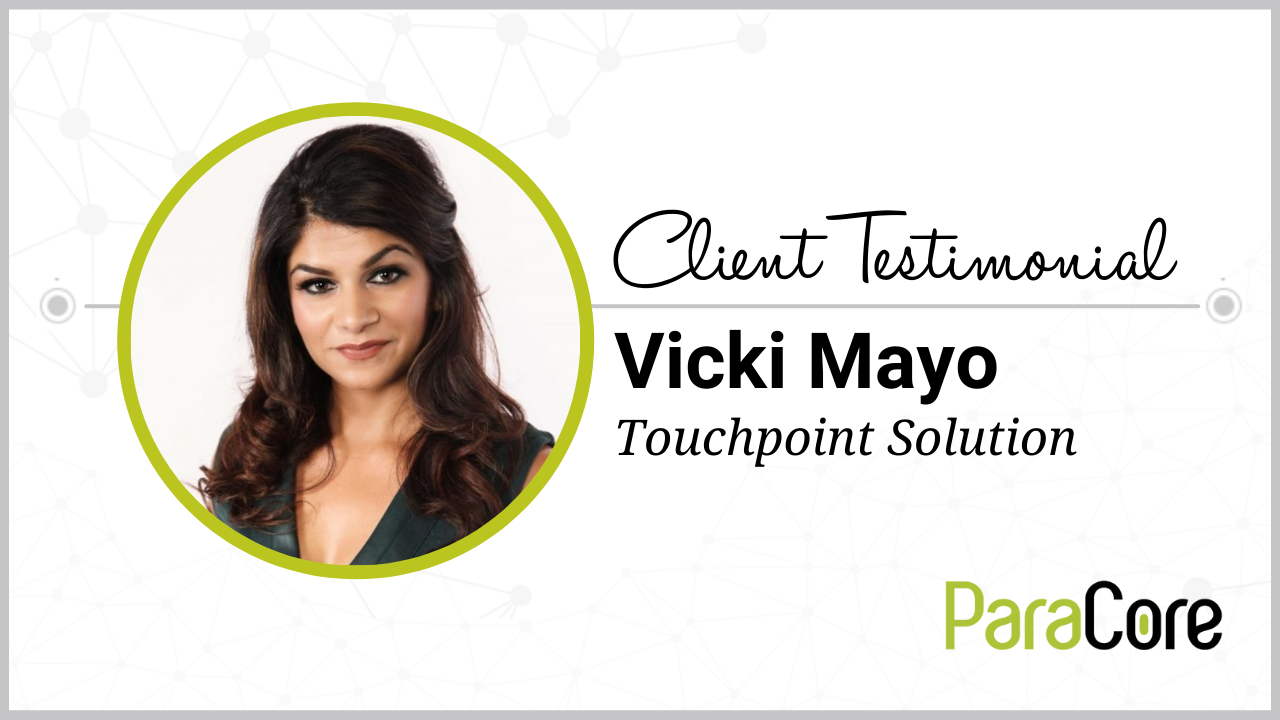PPC vs. SEM: what’s the best choice for your company’s budget?
Whether you’re looking into pay-per-click advertising (PPC) or search engine marketing (SEM), both forms of marketing offer similar benefits, but also differ in significant ways.
Let’s dig into both approaches so you can make the right decision!
First, what is PPC?
Pay-per-click (PPC) marketing is one of the oldest forms of internet marketing. The basic idea behind PPC is to bid for keywords related to your business, product, service, etc., which results in your ads appearing when potential customers search for those terms. Advertisers typically pay each time someone clicks on their ad.
And what is SEM?
Search engine marketing (SEM) is a type of digital marketing that promotes websites by increasing visibility in SERPs (search engine result pages) via paid advertising. SEM includes both paid search ads on Google, Bing, and other search engines, and unpaid listings like sponsored links.

PPC Pros and Cons
Run campaigns without spending a fortune. Pay-per-click (PPC) advertising allows you to target specific keywords related to your business. As long as you have enough budget, you can easily find relevant traffic to your site.
Just set a daily budget of how much you are willing to spend on your PPC campaigns, and tour ads will run until you’ve received enough clicks to hit your daily budget. That said, the more robust the PPC budget, the better odds your PPC ad will be placed in a premium spot that’s likely to be clicked on.
Relevant audience. Unlike other forms of marketing, PPC ads are highly targeted to potential customers. By focusing on location, interests, and behavior, people who see your ads are much more likely to click through to your website than those who don’t see your ads.
Quick wins. Businesses don’t need to wait months to see how effective their ads are. Once you’ve paid for your campaign, you start seeing results almost immediately.
Flexibility. If you decide to stop using PPC advertising, you don’t need to worry about losing your investment. Simply cancel your account and you won’t lose anything.
Easy set-up. No technical expertise required! With Google AdWords, you simply enter the keyword(s) you want to advertise against and then choose how much you would like to spend each day. There are many free tools available online which allow you to create campaigns quickly. However…
Successful PPC ads truly are a science. There’s no set it and forget it when it comes to these campaigns. The main disadvantage of paid search marketing is that it requires constant monitoring of keywords and competition for high-value terms.
This means that you need to be prepared to spend money on ads at any given moment. If you’re not careful, you could end up wasting a lot of money on campaigns that don’t produce results.
PPC ads do not appear organically in search results. They only show up when someone searches for keywords related to your product or service.

SEM Pros and Cons
Increase your chances of being found organically. Search Engine Marketing (SEM) is one of the best ways to increase traffic to your website. By using SEM, you can target specific keywords related to your business, which increases your chances of getting found when someone types a keyword into the search bar.
Only pay for the ads that visitor clicks. From the start, you have the option to control the maximum daily budget as well as the maximum cost per click you can pay, which boosts campaign profitability.
Improves bounce rate. Bounce rate refers to the amount of time that a visitor spends on your site. Low bounce rates mean that the user is staying for a longer period, a very good thing! On the other hand, a high bounce rate can devalue your site rankings in SERPs. That’s where SEM tactics can make a big difference!
Highly measurable, with real-time monitoring. Google Ads provides highly detailed reports on your campaign, so you’re always up-to-date on campaign progress, and can course-correct as needed if the results aren’t satisfactory.
An effective SEM campaign is time-consuming. Since SEM is targeted marketing, a considerable amount of time needs to be spent on applying best practices to ensure success. It can be a long and laborious task to get right, but outcomes are larger in scale in the long run
Competitive market. You’re not the only company looking into SEM: many others are jostling for the same keywords and prime positioning in SERPS.
This leads to increasing costs, which can impact your return on investment (ROI). and there are many companies that compete to position themselves for the same keywords. This competition causes costs to rise and sometimes it can be difficult to get a good ROI.

Should you invest in PPC or SEM?
The answer depends on whether you want to focus on organic traffic or paid traffic.
SEO is the way to go if you want to rank organically.
On the other hand, if you want to pay for clicks, then PPC (Pay Per Click) advertising is the way to go!
But if you want to maximize your return on investment, consider investing in both!
Our digital experts can assist you with the first steps – reach out to us to get started!
Related Posts
- PC Audit Handbook: How to Analyze Your PPC Campaigns
- The Best PPC Tools of 2022, As Told by PPC Experts
- Beginner’s Guide to UTM Tags & Tracking
- Generate Leads with Facebook Lead Ads
- Cost-per-click vs. cost-per-acquisition: Are you tracking the right PPC metrics?
- How Does Pay Per Click Work?
- Benefits of PPC
- Why Should I Invest in PPC?
- What is Google PPC Advertising?
- Facebook Retargeting Strategy
- Introduction to ManyChat
- Case Study: Return on Ad Spend Optimization
- 🎁🎄 Holiday Ad Spend Strategy
- Should You Be Running Branded Ads?
- SEO vs SEM
- CTAs for YouTube Ads
- Case Study: 258% Increase in Conversions
- Traffic Campaign Strategy
- No Captions on Facebook Ads or YouTube? You’re Killing Performance
- LinkedIn InMail Website Re-targeting
- Yes. You can have access to your ad account. No, it’s not “impossible”



